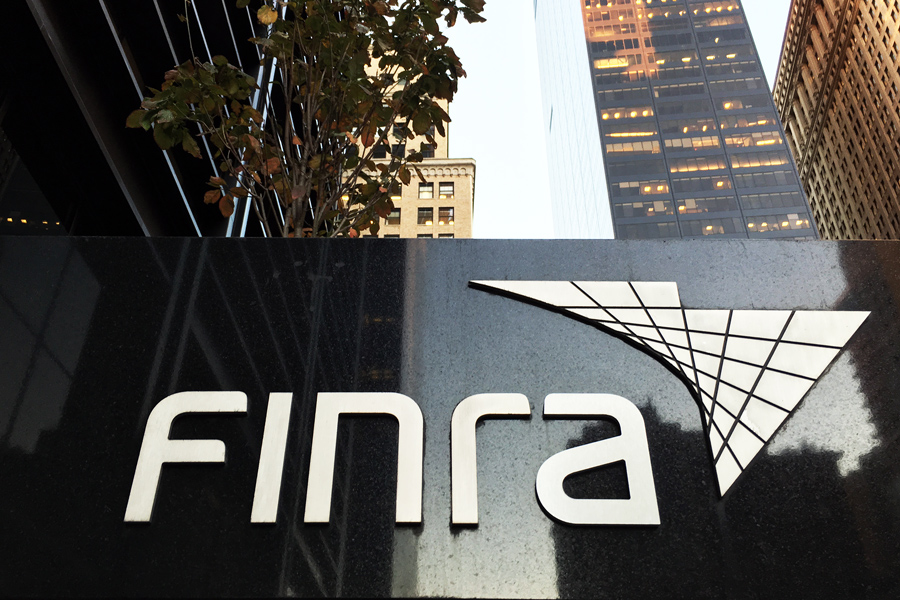

The Financial Industry Regulatory Authority Inc. said Friday it had fined a small broker-dealer, Laidlaw & Co. (UK) Ltd., $200,000 for persistently breaking the securities industry's net capital rule, one of the bedrock guidelines for the brokerage industry's small firms, or those with less than 100 registered reps.
Laidlaw has its main office in London, but also operates out of offices in New York and other U.S. cities.
In its settlement with Laidlaw, Finra said that "Laidlaw conducted a securities business while failing to maintain the required minimum net capital during four periods between February 2018 and July 2022."
According to the Securities and Exchange Commission, "the net capital rule focuses on liquidity and is designed to protect securities customers, counterparties, and creditors by requiring that broker-dealers have sufficient liquid resources on hand at all times to satisfy claims promptly."
The rule essentially regulates the amount of capital a broker-dealer has in the till at the end of the day to settle trades. Small broker-dealers typically use clearing firms to trade, but can still fall short of required capital on hand.
Laidlaw has eight branch offices and 75 registered reps, according to Finra. The president of the broker-dealer, Matthew Eitner, did not return a call Tuesday morning to comment. Laidlaw agreed to the settlement without admitting or denying Finra's findings.
Over the four-year period, Laidlaw & Co. experienced a net capital shortcoming four times, with the firm's required minimum net capital ranging between approximately $100,000 and approximately $240,000, according to Finra.
For example, in 2018, Laidlaw & Co. improperly included a certificate of deposit in its net capital computation as an allowable asset, even though that certificate of deposit served as collateral for a line of credit, according to Finra.
During the four-year time span, Laidlaw & Co. also failed to file required notices of net capital
deficiency in a timely manner with the SEC and Finra, according to the settlement, and also failed to maintain accurate books and records concerning its net capital position.

Can an annuity help your clients get there?

The leadership changes coming in June, which also include wealth management and digital unit heads, come as the firm pushes to offer more comprehensive services.

Strategist sees relatively little risk of the university losing its tax-exempt status, which could pose opportunity for investors with a "longer time horizon."

As the next generation of investors take their turn, advisors have to strike a fine balance between embracing new technology and building human connections.

IFG works with 550 producing advisors and generates about $325 million in annual revenue, said Dave Fischer, the company's co-founder and chief marketing officer.
RIAs face rising regulatory pressure in 2025. Forward-looking firms are responding with embedded technology, not more paperwork.
As inheritances are set to reshape client portfolios and next-gen heirs demand digital-first experiences, firms are retooling their wealth tech stacks and succession models in real time.
